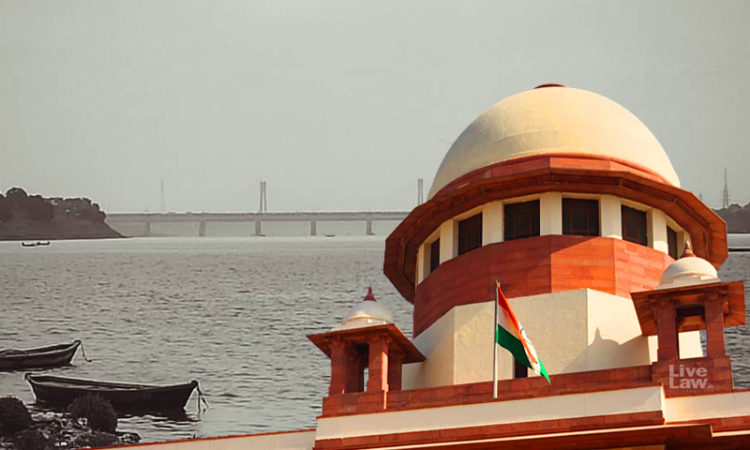Supreme Court Calls For Report From NGT Appointed Committee On Yamuna River Pollution
Live Law News Network
19 Jan 2021 3:00 PM IST

Next Story
19 Jan 2021 3:00 PM IST
The Supreme Court on Tuesday called for a report from the committee constituted by the National Green Tribunal on the pollution of Yamuna river.A Bench headed by Chief Justice of India SA Bobde was hearing the suo moto case pertaining to the issue of "remediation of polluted rivers" and proceeded to direct for the report of an NGT-appointed Committee on river monitoring to be presented to...
